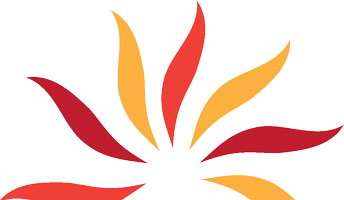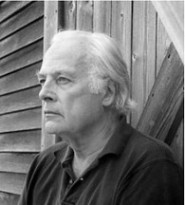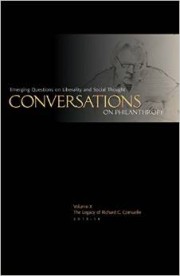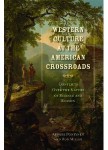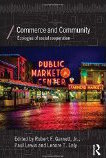Philanthropy and The Common Good, Redux
Will philanthropy crowd out public park funding? Naomi Schaefer Riley explores a curious NPR story at Philanthropy Daily. Discussing a recent philanthropic effort to keep open California’s Henry W. Coe State Park, Riley turns to the comments of Rob Reich,
Still, even if the parks looked nice and even if no one demanded naming rights and even if the state retained control, there are those who would have a problem with such gifts. All of which brings us to the strangest part of the NPR segment, an interview with Rob Reich, co-director of Stanford University’s Center on Philanthropy and Civil Society. He worries that, as the interviewer puts it, “private philanthropy [could] replace the common good.”
“You get lots of people like [McCranie] or others who do this who have great intentions and are civically minded and spirited,” Reich explains. “But acting one by one by one, they set into motion this dynamic . . . where suddenly we’re not acting collaboratively or collectively as a public. We’re acting individually as philanthropists to benefit the thing we’re most passionate about. And suddenly we don’t have a civic sphere anymore. We don’t have political participation. We don’t have an ‘us.’ We have a bunch of ‘I’s.’ ”
Reich’s research questions the tax infrastructure around charitable organizations, which needs to be done (Conversations on Philanthropy will feature a symposium on just this topic this year). But to redress government’s dispensation of tax favors, Reich et al would expand the IRS to exercise more oversight over tax-exempt entities.
What Reich’s analysis seems to assume is that the “civic sphere” is co-extensive with “political participation.” This is a problematic understanding that misconstrues the social psychology that underlay Tocqueville’s prophecies about the potential for soft despotism.
Across the United States—from the radical community-organizing work of groups such as ACORN to mainstream initiatives like Carnegie’s Political Engagement Project—it has become common to define civic literacy and engagement primarily in terms of political advocacy and activism. Emphasizing political means to effect social change in today’s volatile and polarized partisan climate, however, may actually further undermine American democracy. This approach re-orients people, as Tocqueville predicted it would, toward a central, overarching, and distant government authority in Washington, DC, and turns their attention away from more foundational patterns of social engagement in the context of their “little platoons”—their own families, voluntary associations, and local communities.
When citizenship is defined primarily as political engagement, it is counterpoised to a more holistic conception of human experience that encompasses the activities of people not only in their social engagements but also in their economic enterprises in the workplace and market. When civic engagement and, increasingly, philanthropy are primarily seen as means of correcting deficits in our legal and economic institutions, we run the risk of diminishing the role of both business and philanthropic ethics in the practices of citizenship.
In a Tocquevillean sense, citizenship encompasses not merely political action but all the activities that arise from the deeper “manners and customs of the people.” Good citizenship, that is, encompasses the practices of self-governance and voluntary cooperation in all spheres of human action, and it is these habits that make constitutional government feasible.
We might propose then, that far from diminishing the possibility of a political “we”, philanthropy and the myriad other ways people voluntarily cooperate to achieve their personal and mutual goals (including the reciprocal exchanges of commerce) are the very social foundations on which healthy political life becomes possible. It is actually when the hand of public administration reaches down into every domain of human life that “WE the people” become nothing but a clientele putting our hopes in policy rather than civility.
The future of the American experiment requires us to understand better the limitations of the divisive claims of politics and to understand better how decentralized personal, social, philanthropic, and economic actions foster, as if by an invisible hand, human flourishing and freedom.
The Philanthropic Enterprise is working to deepen an alternative understanding of the role in a free society of self-interest, properly understood. See:
